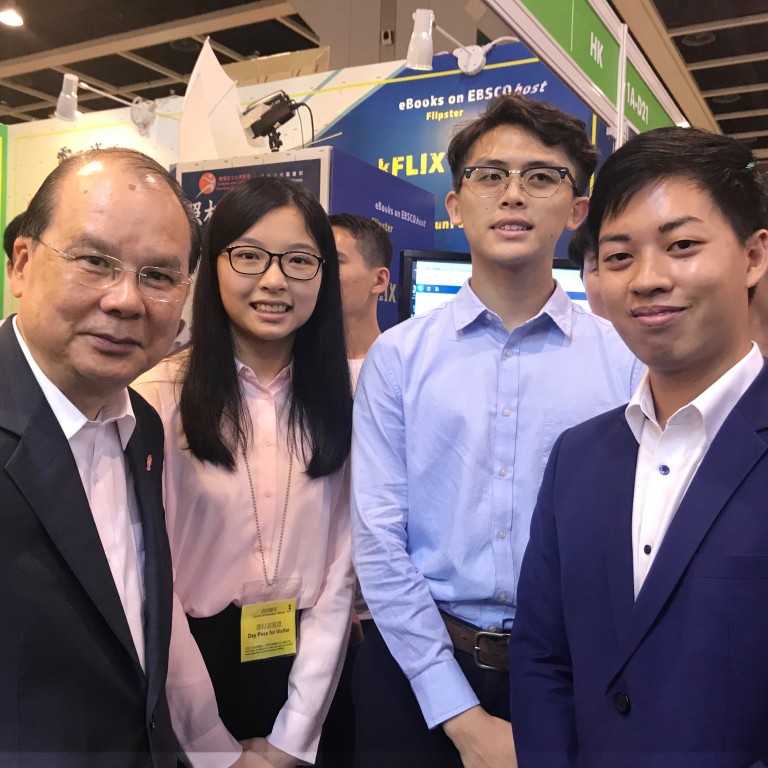
Letters | Hong Kong’s youth and SMEs would both benefit from a government-sponsored internship programme
- Our education system isn’t giving students the job experience they need while SMEs struggle to find the right staff, especially those with digital skills
- A talent cultivation programme connecting students to positions and training SMEs to work with them could be the answer
It has always been challenging for Hong Kong’s 340,000 small and medium-sized enterprises (SMEs) to find the right staff or part-time help and to transform themselves to face the digital world. It has been equally challenging for students to find the right employer who will give them a chance to learn and earn some income. The current system lacks market efficiency.

Not all SMEs provide good supervision and mentorship for interns; supervisors may simply treat students as low-cost labour. To overcome this, funds should be allocated to offer SMEs professional guidance and training on how to best mentor student interns.
I have personally mentored many interns, some of whom continued to work for me. Most students discovered their areas of interest and are grateful for the experience at my company. We also benefited from the students’ digital skills.
The second generation of activity theory advocated by the Finnish professor Yrjö Engeström offers a model for evaluating and measuring the outcome of such activities. Government-sponsored internships could easily design and measure programmes based on this theory.
Soft skills can smooth the way to career and life success
Both SMEs and students would appreciate paid internships sponsored by the government. A talent cultivation committee should be formed by real industry experts, from the SMEs and various trade associations, and representatives of the local accredited colleges and universities. This committee should propose the funding of a citywide internship programme for qualified SMEs, with a budget of around HK$8,000-HK$12,000 per qualified postsecondary student. This policy recommendation should be read and approved by the Legislative Council in the forthcoming sessions
This proposal could solve two key pain points – SMEs’ hiring challenges and shortage of good practical digital skills. The proposal would also benefit students through authentic task skill sets, mentorship, care and monetary compensation.
Daniel Chun, council member and chairman, research and blueprint committee, Smart City Consortium

